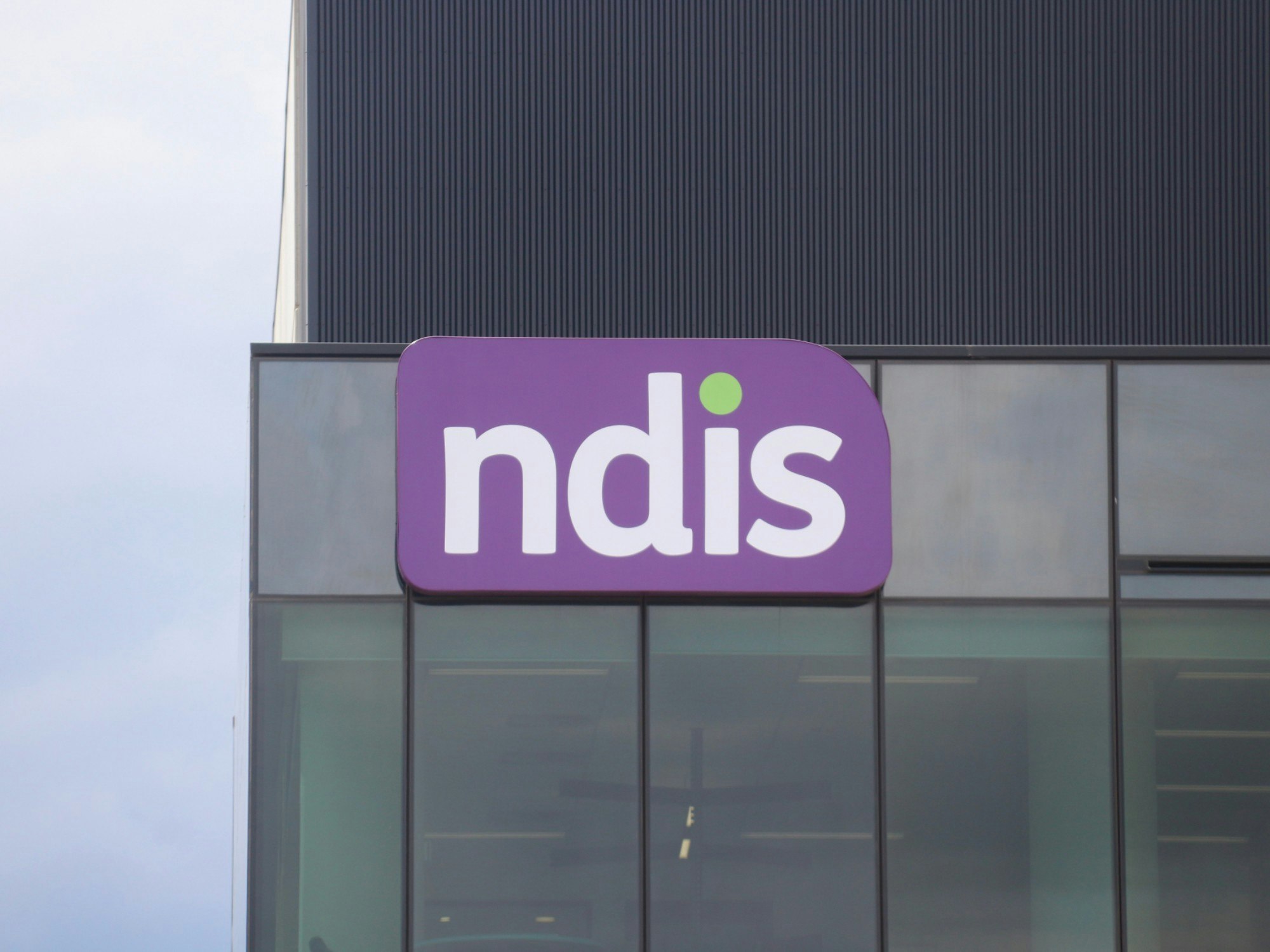Myths busted: facts to combat myths around the NDIS – part 1
Last updated

There are lots of misunderstandings about how the National Disability Insurance Scheme (NDIS) can be used to support people with disability.
Key points
- There are many misunderstandings people can have about the National Disability Insurance Scheme (NDIS)
- Myths range from how funds can be used to what you can do if you’re not happy with your support
- We’ve outlined some of the more common myths and provided explanations of the truth about them
It can be hard to know what is a fact or a myth, so we’ve put together a two-part list of our top 15 myths and the facts to which they relate.
In part 1 of our two-part series, we cover the myths which are more general in nature, while part 2 will cover myths around funding.
Myth #1: My disability isn’t physical so I can’t receive support.
Fact: If your disability is permanent and you need support to live your life, you can receive NDIS funding.
This includes disabilities that may not be physically visible to other people, such as intellectual disabilities, hearing impairments and disabilities arising from a mental health condition.
Myth #2: I have a job, earn too much money or have too many assets to be eligible for the NDIS.
Fact: The NDIS funds support for all people with disability, regardless of their financial circumstances.
Showing how much you earn or own is not part of applying for NDIS funding and it doesn’t impact how much funding you receive.
Myth #3: Once I have my plan it can’t be changed if I’m not happy with it or if my circumstances change.
Fact: If you’re not happy with a decision made about your plan you can request an internal review and there are further options if you think the review of the decision is also wrong, including an Administrative Appeals Tribunal and a complaints process.
With any significant change to your personal circumstances or needs, you have to let the NDIA know of the changes using a specific form.
Telling the NDIA of your change in circumstances is important because your plan might need to be reviewed or your contact details may have changed.
Myth #4: Once I’ve chosen my providers I can’t change them.
Fact: You have a right to choose who provides the support you need to work towards your goals, which also means you can change providers if there is another provider that you feel will give you better support.
You don’t have to give your current provider a reason why you are seeking a different provider and you could change providers for a number of reasons, for example, if your goals have changed, you have moved to another area and want a new local provider, your service provider changes the services they have, your provider increases their costs or you are unhappy with the service they are providing.
Myth #5: Only NDIS registered providers can be used.
Fact: If your plan is managed by the National Disability Insurance Agency (NDIA), also known as agency managed, you can only use registered providers.
However, if you have a plan manager or self manage your plan you can also use providers that have chosen not to register with the NDIS.
Myth #6: My support coordinator will handle everything for me.
Fact: A support coordinator helps you to understand your NDIS plan and how to use it.
They can help you to develop the skills you need to be able to use the support you want to reach your goals, live independently and engage in the community.
However, your support coordinator does not manage the financial side of things. So if you only have a support coordinator, you will need to manage your bills and make sure everything is being paid or engage a plan manager to assist with this.
Myth #7: The Disability Support Pension and NDIS can’t be received at the same time.
Fact: The Disability Support Pension is separate to the NDIS and you can receive the pension while being on the NDIS.
That’s because NDIS funding is not considered as income and, therefore, doesn’t affect assessments for the Disability Support Pension.
Although, not everyone who receives NDIS funding is eligible for the Disability Support Pension because the pension takes into account financial circumstances as well as proof of disability.
Myth #8: The NDIS can’t help with mental health support.
Fact: If you have a mental health condition from which a disability arises, known as a psychosocial disability, you may be eligible for NDIS funding to help you live a fulfilling lifestyle.
For example, you may be able to get support to participate in activities in the community or to attend appointments.
But the NDIS does not fund early intervention supports or treatments for mental health conditions, such as therapy, and funding can’t be used to top up a mental health treatment plan from your doctor, which provides rebates for up to 20 sessions with a mental health professional a year under Medicare.
If you’re unsure whether you can qualify for NDIS support for a mental health related disability, you can still contact the NDIS to check and if you are not eligible they will help you to connect with other supports.
Have you heard any other myths about the NDIS? Tell us about them in the comments below.
Related Content
What is the NDIS?
I have been approved for NDIS funding – what next?
What support can I get?